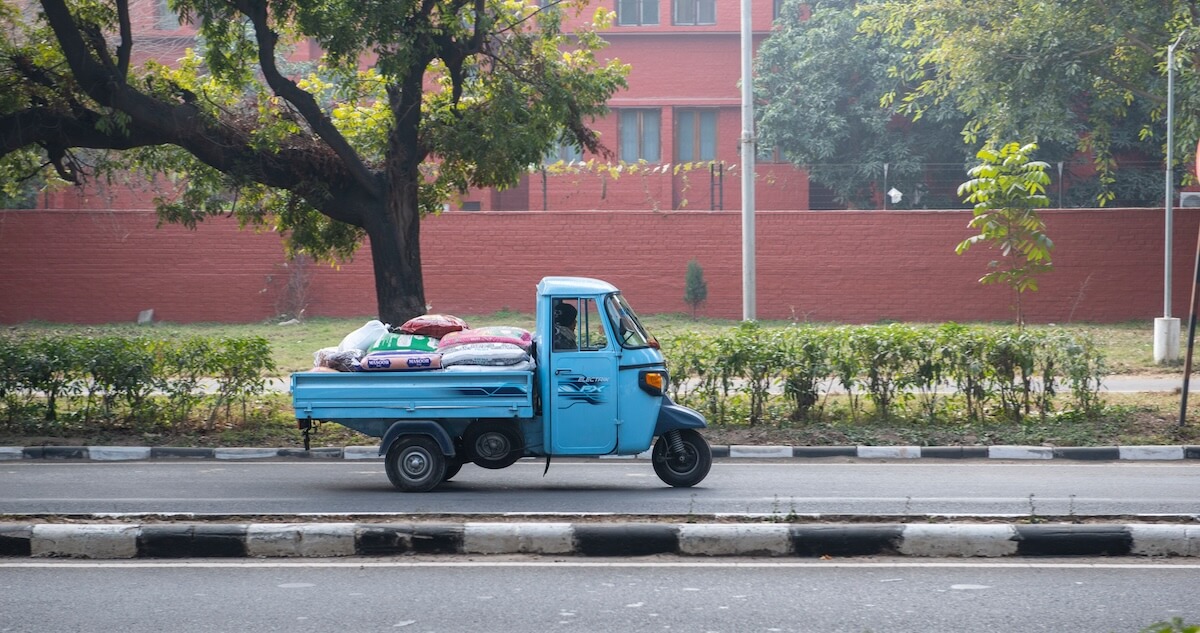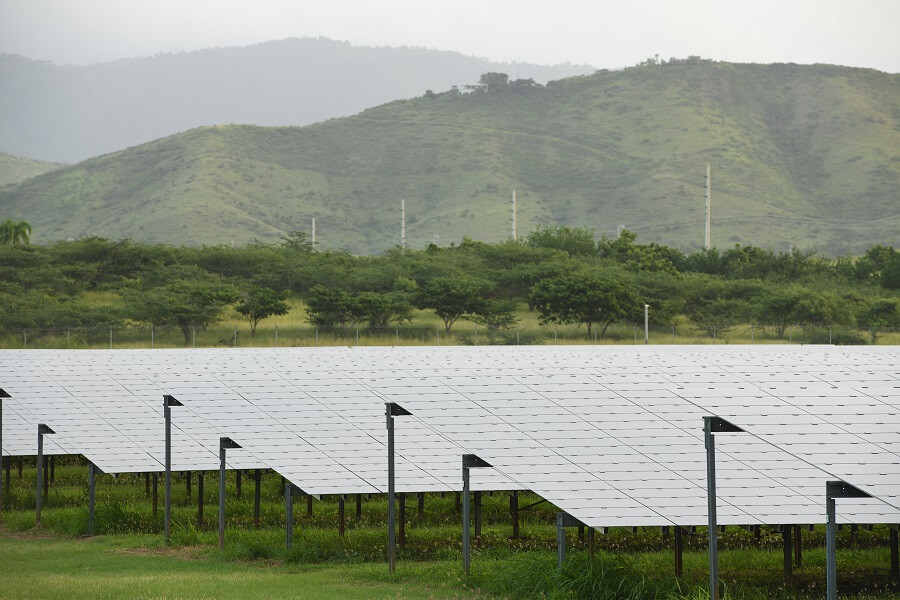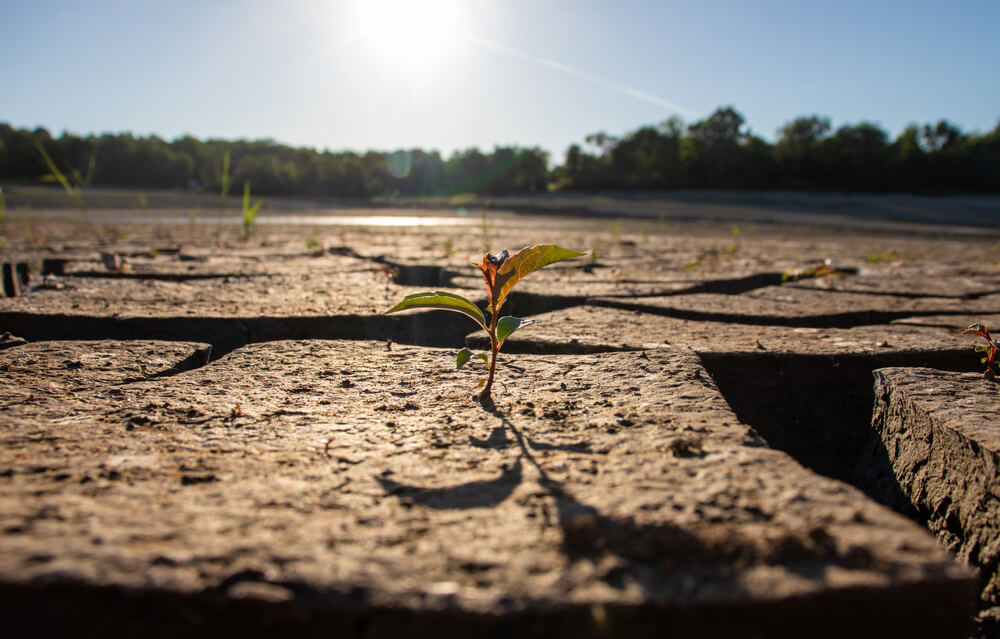British International Investment and Symbiotics are doubling down on an investment approach they tested in 2022 to address a growing need for individuals and small businesses in emerging markets to “climate-proof” their livelihoods.
The “basket bond” the partners developed is a debt facility, funded by the UK development finance institution, for small business lenders to on-lend as green loans. Their first $75 million facility had been fully deployed as of March across 11 financial institutions in Asia and Africa.
The second basket bond will channel an additional $75 million as lending capital for home and business solar upgrades, electric vehicles, climate-smart farming tech, and other green assets.
BII is pairing its investment capital with $460,000 in technical assistance funding to help portfolio lenders develop and deploy climate and green lending products.
Catalytic capital
BII is aiming to invest $1 billion in climate-related projects by 2026. The “basket bond” was designed to help BII to accelerate its climate investment activity in high-need areas while meeting the financial services group’s $10 million investment minimum (see, “How a $75 million ‘basket bond’ is catalyzing climate lending to small businesses in emerging markets“). The structure allowed BII to write a fairly big check to Symbiotics, which could then write smaller checks to local financial institutions. The partners say the mechanism could be replicated for other investors, or with multiple investors in one bond. “We hope that this second green basket bond will have a catalytic effect on the mobilization of capital for similar projects that play a key role in successfully tackling climate change and its consequences,” said Symbiotics’ Yvan Renaud.
India’s green transition. Half of BII’s new tranche of funding will be invested in India. “We see significant impact potential in being able to reach specialist climate lenders in this market,” BII’s Samir Abhyankar told ImpactAlpha. The first basket bond’s portfolio included farmer finance venture Samunnati, and Mufin, which offers financing for electric two- and three-wheelers. Bolstered by the government’s green incentives, numerous startups have sprung up in India in recent years to help consumers and business owners switch to EVs and solar energy. BII hopes to help “mobilize private and commercial investors going forward to support the much-needed energy transition in India,” said Abhyankar. “It is an important market to demonstrate the commercial viability of supporting small-scale green lending through [small business] lenders.”
Check it out.












